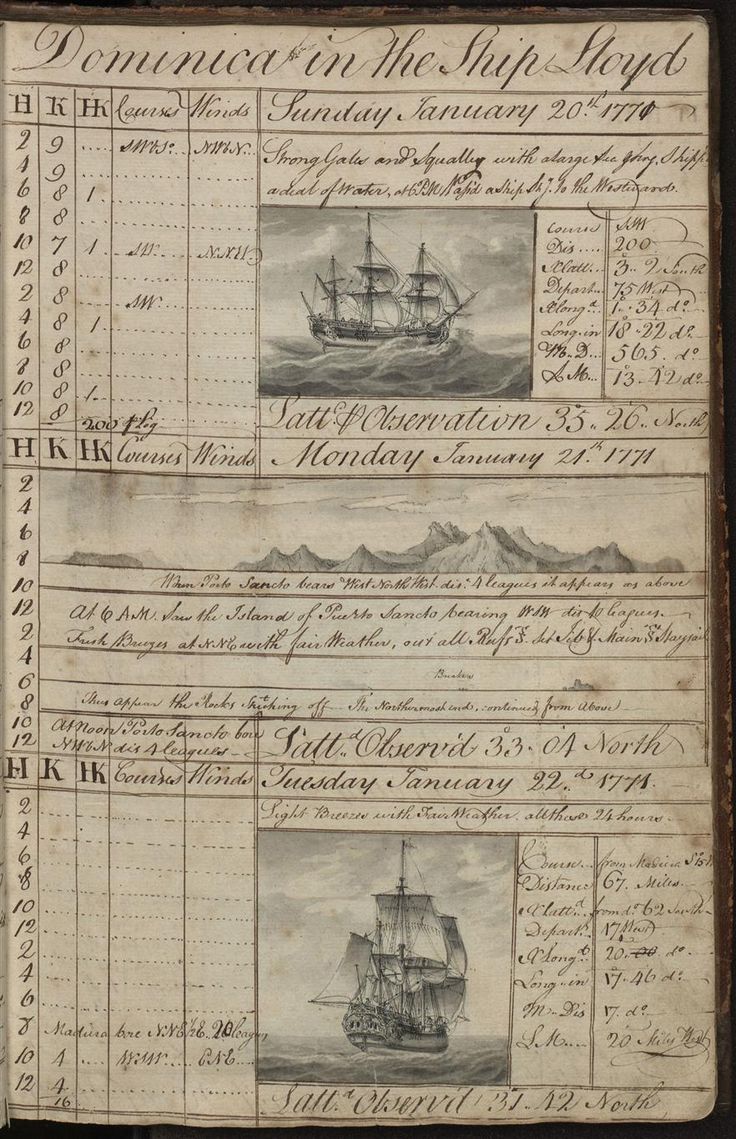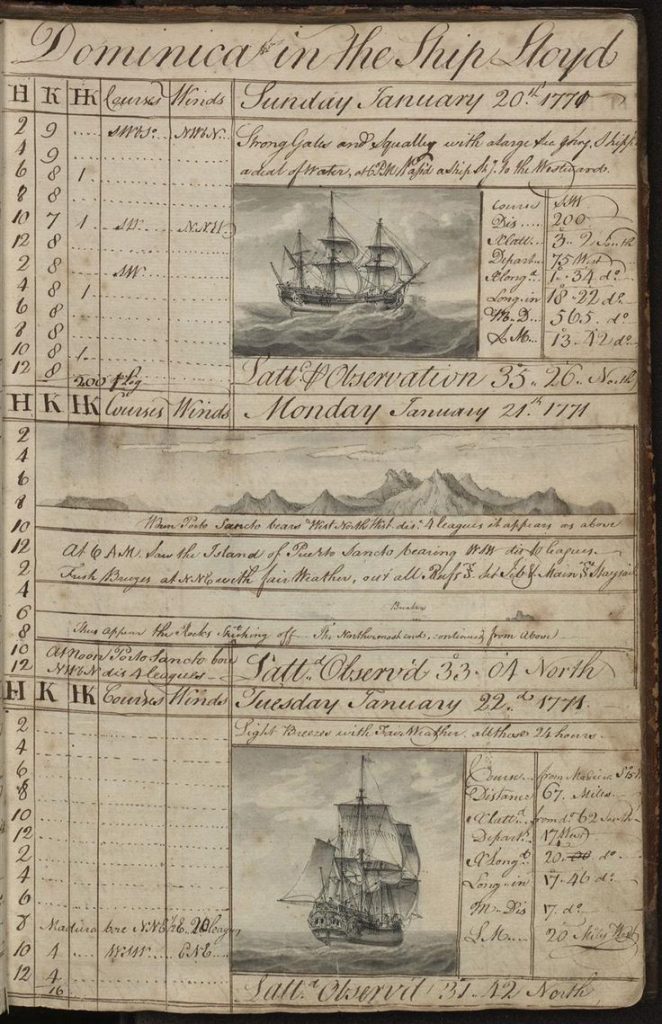This post thinks through the idea of lightweight use of metrics for personal reflection and focus. It comes out of a week of daynotes – writing small notes each day – which was inspired in turn by Justin Pickard’s post on binnacles and ships’ logs as a form of taking progress, combined with my own background in data for policy making plus an interest in approaches such as OKRs, or Objectives and Key Results, to provide some form of rallying post to bind together time and people. So I’m aware this is, in many ways, nothing new and there are certainly plenty of "habit tracker" apps out here which cover similar ground.
Thinking back, it also ties in with growing up around the practice of confession within a Catholic setting, and the ideas of "safe" personal reflection spaces and quantification of ritual (X Hail Mary’s, Y rosary beads, etc), merging with Michel Foucault’s discussion of honesty and parrhesia – the art and practice of an "authentic" or "bold" form of speech – in Fearless Speech, and from there directly (IMHO) to the modern day rituals of things like regular retrospectives in agile methodologies, and weeknoting. Bullet journalling fits in here too, and I especially like its explicit use of paper as a medium of record.
To tie it all together then, how do these rituals of reflection and spaces for honesty feed into a more personal, meaningful idea of almost hyperlocal metrics? That is, how can I talk about this idea with an air of universal practicalism, yet maintain the notion that the configuration and usage of personal data is entirely a subjective one? And – to offer something different to many other practices – is it possible to stop the data nerd in me thinking too much, and keep the process to something as minimalist as possible?
Perhaps the answer lies in metric theory as a guiding principle, but its application as an intentionally private endeavour, even if worked out in a more public setting such as an open blog. That is, we can learn from each other and from history about what generally works or doesn’t for data, but ultimate responsibility for entering into the practice, crafting something useful, actually reflecting, and "adjusting course" (or changing it significantly) comes down to our own self. We are the captain of our own ship, even if the ship has been built by others, nautical knowledge comes from thousands of years of exploration, and the winds are forever out of our control.
At its heart, a mini-metrics practice should be "lightweight" in the sense that it encourages regular reflection, to bind together our own self-narrative through time. That is, its main purpose is not to generate data or blogposts, but to reconnect our own imagination with our own memory, in a way that has been disrupted by the constant interruption of the attention economy.
Furthermore, the process should grow our own sense of self-awareness, in order to "merely" ascertain our own place in the world. While we should not set out to judge and criticize ourselves, there will be times when reflection may generate either a flash of realisation that ties back in with a sense of weakness and humility, and equally times when we will achieve a sense of pride. (Mental note: Perhaps either of these states of realisation should trigger a re-orientation, and a re-scoping of needs, goals and metrics?)
With that written down, I’ll come back to thoughts on running mini metrics another time, but suggestions and thoughts very welcome. I’m at scribe@mastodon.sdf.org.


Mentions